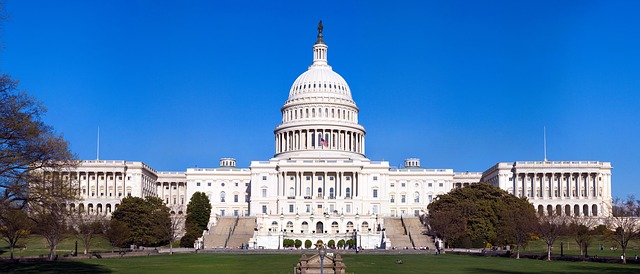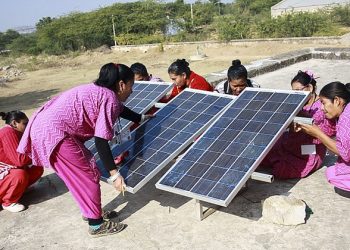On Thursday, US Congressman from Pennsylvania Mike Doyle introduced a bill that would establish a federal investment tax credit (ITC) for energy storage. The legislation would allow energy storage project developers, both commercial and residential, to receive a 30 percent tax credit for large-scale, commercial-scale and residential-scale storage projects through 2021.
The incentive would phase down and eventually settle on a permanent 10 percent credit for commercial projects. Residential projects would receive no credit.
The Solar Energy Industries Association (SEIA) issued the following statement:
“We congratulate Rep. Doyle for introducing this critical legislation. It’s clear that combining clean, reliable solar energy with effective storage is the next frontier in securing a resilient and reliable electrical grid. Encompassing multiple technologies, energy storage systems save excess energy and convert it back to electricity when most needed. A storage ITC benefits not only solar, but also energy from a wide range of sources, helping to meet the nation’s current and new electricity demands.
The American Wind Energy Association (AWEA) applauded the proposed legislation while also noting that current law has restrictions. For example, it only permits energy storage to qualify for an ITC when paired with a solar project under certain circumstances.
“We applaud Representative Doyle for his effort to modernize the U.S. electricity supply with the Energy Storage Tax Incentive and Deployment Act,” said Tom Kiernan, AWEA CEO. “Like the power transmission lines that make up the grid, energy storage is a catalyst technology that makes the entire electricity supply more affordable and reliable. Expanding investment tax credit eligibility to all energy storage technologies would spark new clean energy infrastructure investment, grow American jobs, and help ensure our electricity supply is ready for future challenges.”
Energy storage technologies — including batteries, flywheels, pumped hydro, thermal storage, compressed air, and others — are a source of reliability services and flexibility for the power grid. Storage helps balance power supply and demand instantaneously by storing electricity from low-cost energy sources, like wind, and releasing that power during periods of high demand.
Storage systems deliver these benefits whether they are connected to the grid as an independent resource or when storage is paired with any energy source. However, current law only allows energy storage to qualify for an ITC when paired with a solar project under certain circumstances. The flexibility and market efficiencies resulting from accelerated energy storage investment would spur new wind farm development and job creation.





